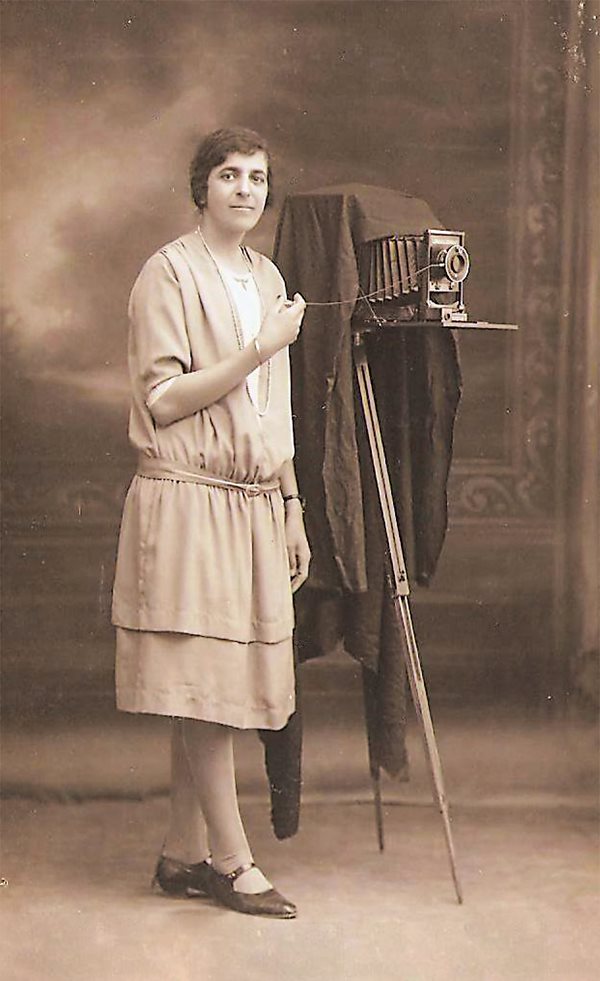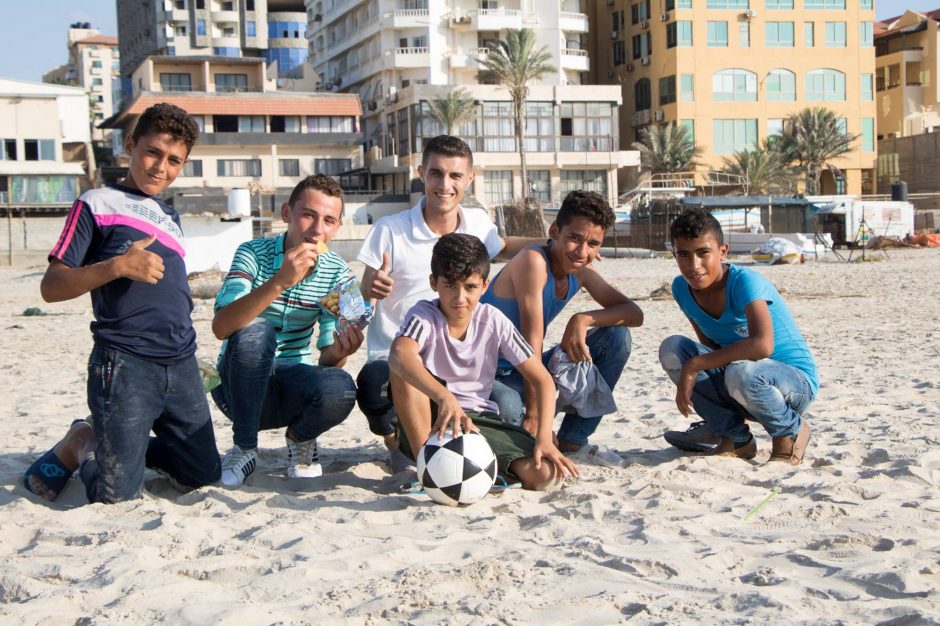
They took our homes,
took our land,
took our lives,
and no one cared for us back then-
I mean-
No one.
We take your homes,
take your land,
take your lives
and no one cares for you now-
No one.
And though we know exactly what that means,
even we don’t care!
Isn’t it funny how you became us?
They provoked us to resist,
to protest,
to put obstacles large and small in the way of their oppression.
They said they had the right to defend themselves,
so they killed our leaders,
and ghettoized us into cantons,
isolated us under siege and blockade,
before sending us off to death camps,
and no one cared for us back then, I mean-
No one.
We provoke you to resist,
to protest,
to put obstacles large and small in the way of our oppression
We say we have the right to defend ourselves
so we kill your leaders
and ghettoise you into cantons,
isolate you under siege and blockade,
before bombing you to death,
and no one cares for you now-
No one
And though we know exactly what that means,
even still, we don’t care!
Isn’t it funny how you became us?
They passed laws
to make us second class citizens.
They forced us into refugee camps,
and demanded the sacrifice of our children.
They made us work as slaves
to feed their war effort.
And no one cared for us back then, I mean-
No one.
We pass laws
to make you second class citizens,
and force you into refugee camps,
and demand the sacrifice of your children,
and make you serve as workers
to build our settlements on your land,
and no one cares for you now-
No one.
And though we know exactly what that means,
know exactly what it all adds up to,
even how it ends,
even then, we do not care,
even still.
Isn’t it funny how you became us?
Harriet Auburn Mahmoud –(Translated from the French)
Harriet Auburn Mahmoud was born to long established Christian family in Bethlehem in 1899 and while working as a nurse, she met and married a Jewish doctor who had been part of the British army occupation. They lived in Berlin for five years while her husband trained as a specialist surgeon but had to abruptly return to Palestine to escape Hitler’s persecution after Kristallnacht where her husband was imprisoned and later tortured and killed. In 1948, she lived through the Nakba, and saw her family shot and her home stolen, forcing her to flee to France where she lived for the rest of her life. She served with the Red Cross and refugee relief in Algeria, Senegal and Morocco. In her later years, she wrote a memoir but it was destroyed in a fire, She wrote some poems too, some of which like this one, were circulated by her friends after she committed suicide in 1969. Having survived the Holocaust and the Nakba, she had a unique perspective on the Middle East.
